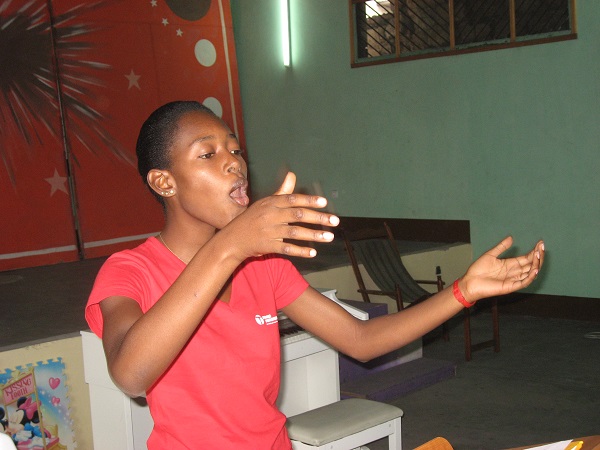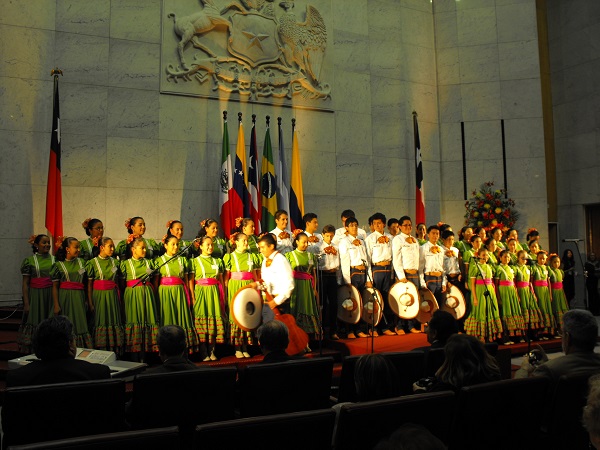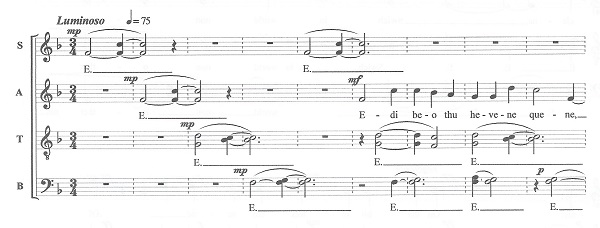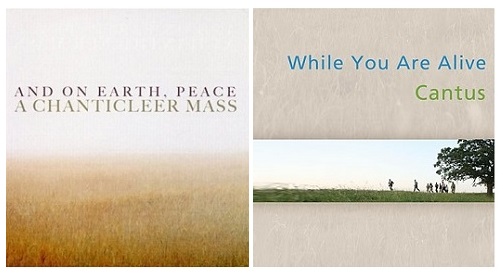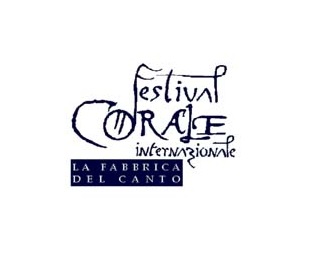A Look at Choral Singing in the Democratic Republic of Congo (Page 63)
Thierry Thiébaut, President of A Cœur Joie International
Choral singing is very important in Congolese society. It accompanies rites, enthronization ceremonies, festive occasions, death and other rituals. With the arrival of Catholic and Protestant missionaries in the 19th century, choral singing became a more structured movement, organized within the parishes. As a consequence, religious repertoires represent the major part of part-singing. There are very few choral groups outside the churches. In addition to the hymns which are part of the liturgy, Handel, Mozart and Bach just about monopolize the classic choral repertoire.
I have listened to many concerts in the Democratic Republic of Congo. Religious repertoire is predominant. Sometimes harmonized traditional songs are added, which are sung in each ethnicity’s own vernacular. The Kimbangist church is particularly faithful to its traditions and possesses its own original repertoire of chants and laments. The “encore” which the public calls for at the end of the concert is very often the Hallelujah from Handel’s Messiah.
The choirs frequently use amplification and are accompanied by a synthesizer; there are hardly any instrumental groups in the country (with the exception of the Kimbangist Symphony Orchestra of Kinshasa). This means that the general sound volume is excessive and a particular consequence is bad voice placing.
There is no formal vocal or conductor’s training in the country, in spite of the thousands of existing choirs (their number in the capital of Kinshasa alone is estimated to be 2,000, as each church sometimes has three or four choirs attached to it). In the last five years, A Cœur Joie International, together with the Choral Conductors without Borders project of the International Federation for Choral Music, has been very active in this field in French-speaking Africa, in particular in the Democratic Republic of Congo. Several week-long vocal and conductor’s training courses have taken place so far, and will continue next year. A personalized and individual follow-up after these sessions makes it possible to consolidate this tuition. The final aim is to create a pool of local teachers.
The standard of choral conducting varies enormously. Conductors are all self-taught, of course, and their conducting is more geared to rhythm than to musical phrasing; for that reason, vocal training of the singers must take place in parallel with the conducting course. As mentioned already, choral conductors work in general within the context of their parish, so diversification of repertoire is difficult to achieve. For the same reason, the creation of choirs outside places of worship is a delicate matter. To these considerations one must add the material difficulties: a lighted rehearsal room (!). In these latitudes, night falls at 6 pm every day of the year. Electric power often fails or is non-existent, even in the capital. I sometimes had to do my training sessions accompanied by the purring of a stand-by generator. This is not very conducive to good-quality work.
One of the possible and useful ways of developing choral singing might be explored together with a unit of the French-Congolese Cooperation Service (SESAM) in the schools, where teachers could be trained to create children’s choirs within the schools. But a change of mentality is also necessary in this context, in order to allow for a gender mix of choral conductors: Almost all choirs today are conducted by men, whereas the majority of primary school teachers are female. Children’s choirs are almost non-existent in Congo, so schools might offer interesting possibilities in order to open up opportunities for the development of the practice of choral singing at an early age, to diversify repertoires and to encourage ecclesiological unity.
E-mail: TThiebaut@choralies.org
Translated from the French by Jutta Tagger, France
Edited by Irene Auerbach, UK

